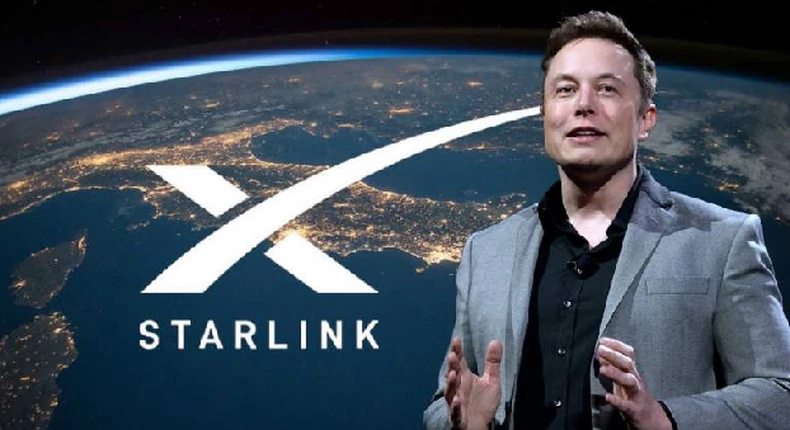Elon Musk, Chief Executive Officer (CEO) of SpaceX, announced on Twitter that Starlink, the company’s satellite internet service, will be introducing a new, more affordable option for Kenya later this year: the Starlink Mini.
The announcement coincides with Kenya experiencing political tensions even after the finance bill 2024 was withdrawn and accusations of internet restrictions.
The standard Starlink kit currently costs 39,500 Kenyan shillings (down from the original price of 89,000 shillings) and offers a competitive 50GB data package for 1,300 Kenyan shillings per month. However, the upfront hardware cost has been a barrier for many Kenyans.
The Starlink Mini is expected to be even more affordable, potentially making satellite internet accessible to a wider range of people. While specific pricing for Kenya hasn’t been revealed, the Mini currently costs $599 in the United States.
This move by Starlink could be significant for several reasons:
First, lower cost: The Starlink Mini’s affordability could revolutionize internet access in Kenya, especially in areas with limited traditional broadband infrastructure.
Secondly, it could be a potential resistance to throttling: Satellite-based internet like Starlink offers an alternative that may be less susceptible to government interference compared to traditional internet providers which are major telcos like Safaricom and Airtel.
This could be particularly valuable during times of political unrest when open internet access is critical.
Also, the service global expansion: With over 6,000 operational satellites and the introduction of cheaper hardware options like the Mini, Starlink is poised for further growth in emerging markets like Kenya.
According to reports, the success of the Starlink Mini in Kenya could pave the way for similar initiatives in other developing nations, providing more affordable and potentially unrestricted internet access.
“Industry observers and potential customers are eagerly awaiting the launch of the Starlink Mini in Kenya, as it has the potential to reshape the country’s internet landscape.”

